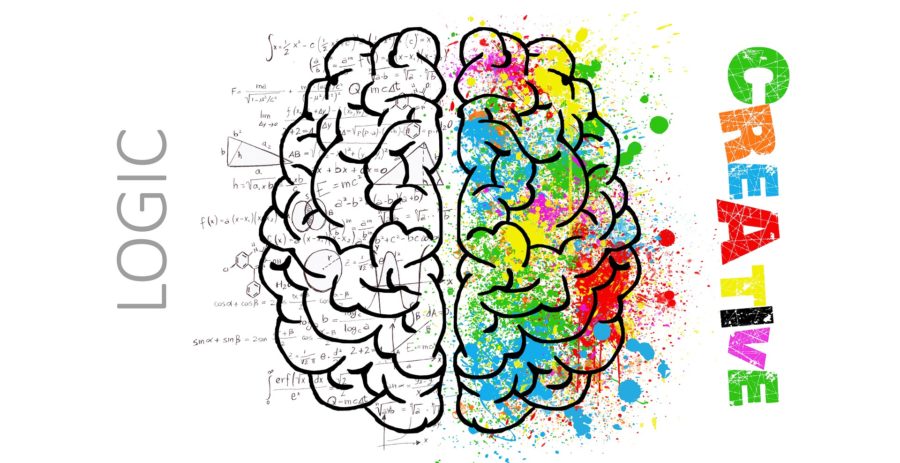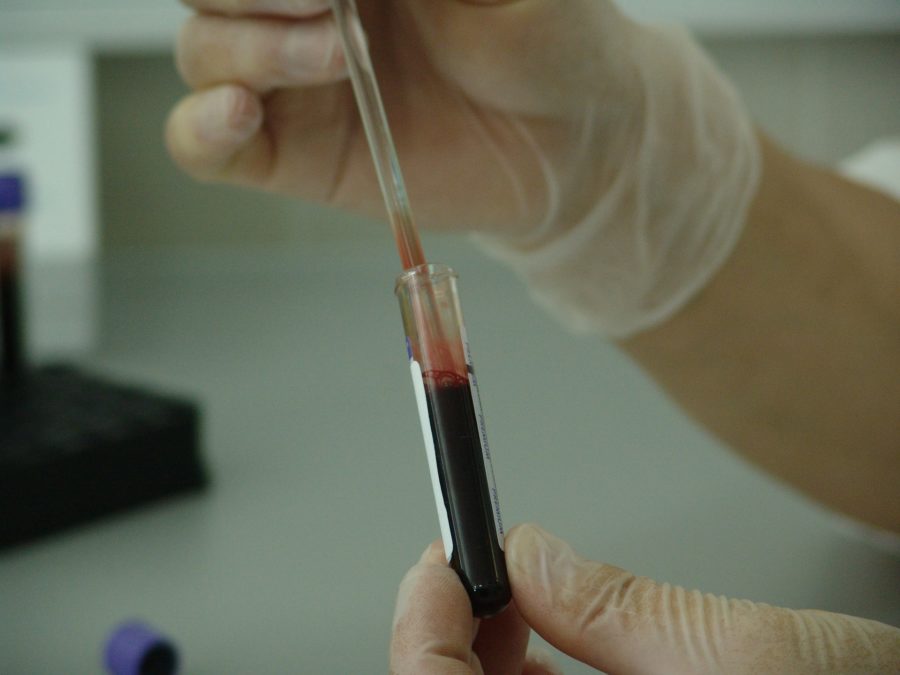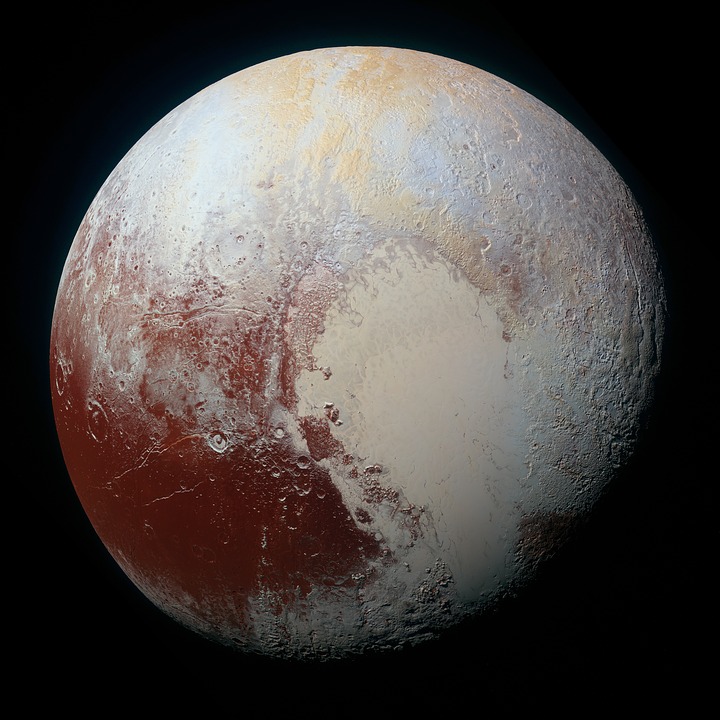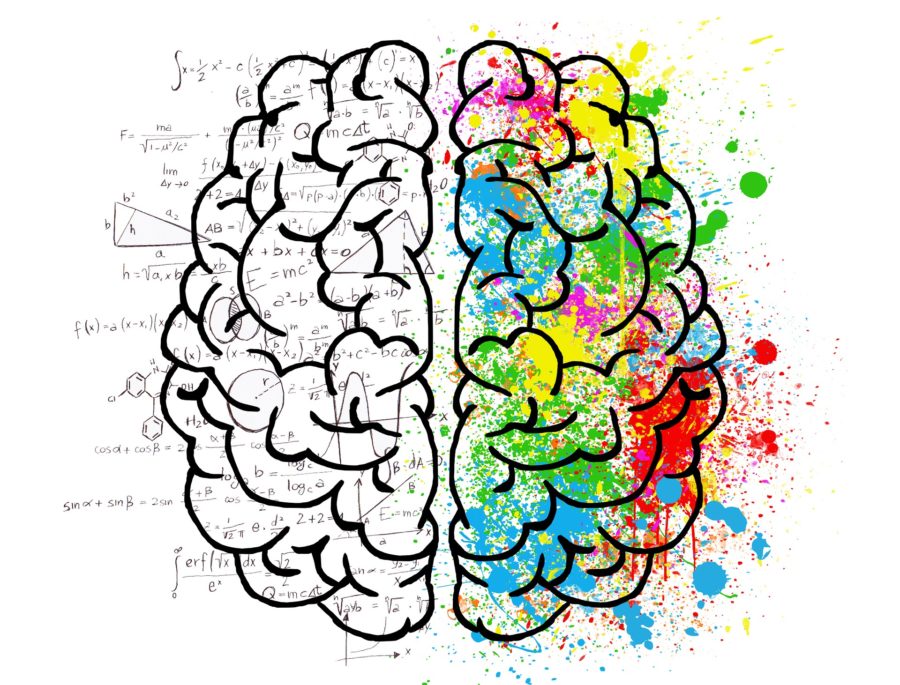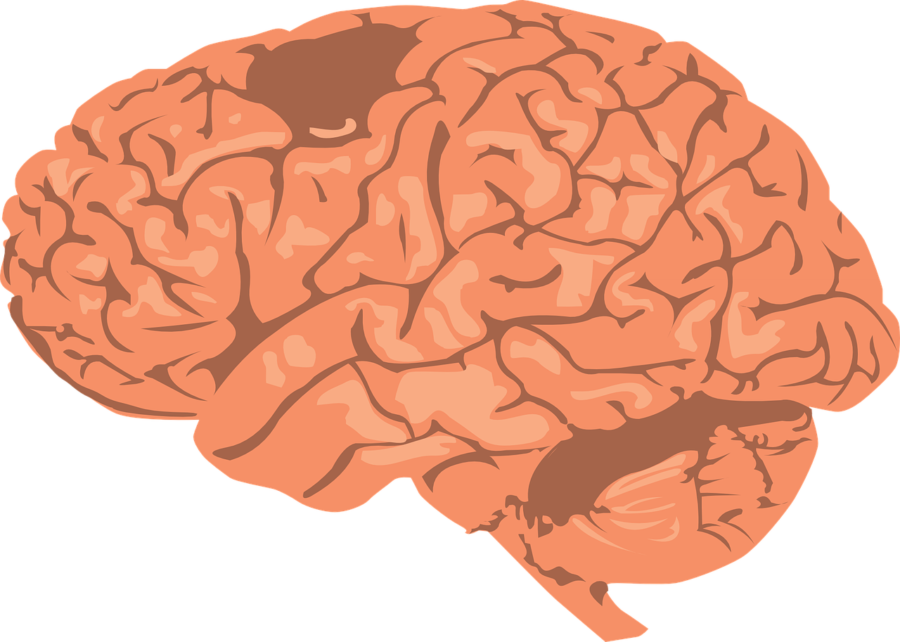 Genetic makeup may influence whether we’re thin or heavy, but not in the way we originally thought. Our genes may decide which types of microbes thrive in our bodies.
Genetic makeup may influence whether we’re thin or heavy, but not in the way we originally thought. Our genes may decide which types of microbes thrive in our bodies.
People who contain an abundance of the bacteria that is now known as”Christensenellaceae” have less body weight. After treating mice with this microbe, researchers found they gained less weight than the untreated mice.
Scientists from King’s College London and Cornell University have published results in last week’s journal called Cell that could break ground on personalized probiotic treatment to help reduce the risk of obesity-related diseases based on someone’s genetic makeup.
Previous research has helped link genetics and the composition of gut microbes to metabolic diseases and obesity. Although there seemed to be a relationship with human genetic variation and the diversity of gut microbes, it was assumed to be inconsequential.
The study was funded by National Institutes of Health and contained over 1,000 fecal samples from 416 pairs of twins. Researchers found that twins shared 100 percent of their genes, and that identical twins had more similar gut microbes than those of non-identical twins. The findings indicate that genes influence the composition of gut microbes.
Researchers believe that increasing the amount of this microbe may help weight gain during pregnancy and reduce obesity. This may be a new way to combat obesity.
Scientists are launching the British Gut Project, where people can mail in their samples to have them tested. Over 7,000 people in the U.S. alone have signed up for this scientific study. Participants will receive a kit in the mail and detailed instructions. The samples will be processed and analyzed at the University of Colorado. Participants will be provided a list of the major groups of bacteria in the samples.
Information compiled from Sciencedaily.com



